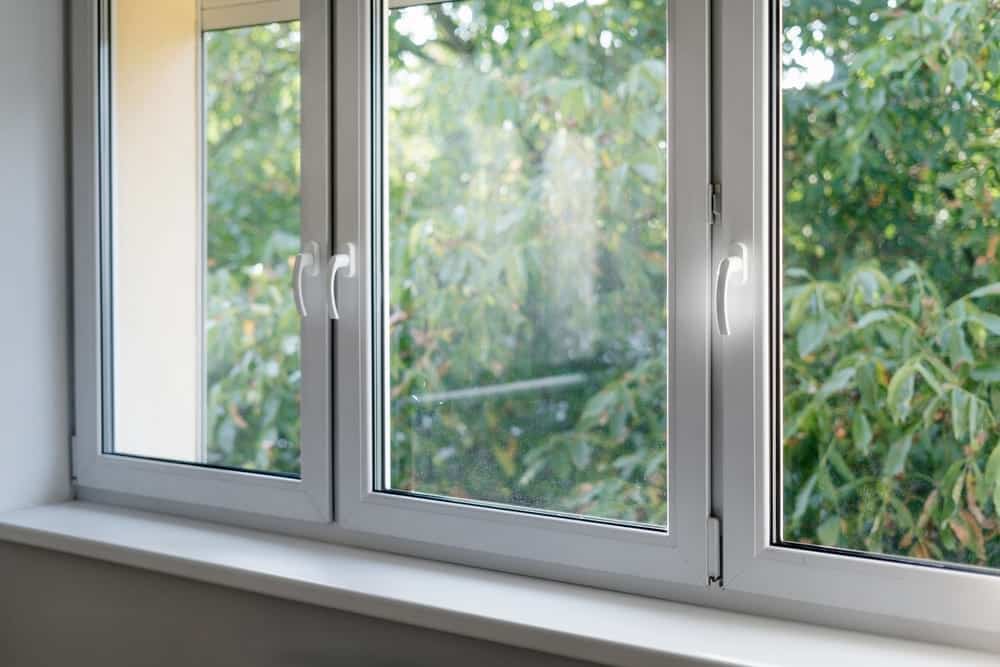In many circumstances, you may wish to sell a share of your house.
For example, if you want to help one of your children get onto the property ladder.
Or, if you are living under a joint tenancy, you may wish to sell your share of the property to someone else.
Whatever your situation, read on to find out more about selling a share of your house in the UK.
Can I sell my 50% share in a house?
This depends on the details of your specific contract.
When agreeing to joint ownership of a house, the rights of each party should be in a contract.
When it’s ‘Yes’ without permission
If the property is under tenancy in common, you can sell your share in a house. You do not need the other owner’s permission.
When it’s ‘Yes’ with permission
If the property is under a joint tenancy, then you can only sell your 50% share with the other owner’s permission.
Why some people prefer a tenancy in common
The above scenarios show why many people prefer a tenancy in common, rather than a joint tenancy.
If the relationship between tenants breaks down, a tenancy in common protects both parties.
Joint tenancy vs tenancy in common
The main difference between a joint tenancy and a tenancy in common is how shares are divided between shareholders.
A joint tenancy is when all property owners hold the same share. This usually means that each tenant holds 50%. But if there are more than two tenants, the share will vary accordingly.
Tenancy in common is the most popular form of joint ownership. This is when tenants own a share of the property – but not necessarily of the same size.
Therefore, one (or several) tenants can hold a greater share than others.
Advantages of tenancy in common agreement
There are several advantages of a tenancy in common agreement, including:
- You have full access to the property, no matter your share
- You do not need the other owner’s permission to transfer ownership
- You can use your share as collateral for a loan without permission from the other tenant(s)
- You cannot leave your share of the property to an heir (e.g. in a will).
Advantages of joint tenancy
With a joint tenancy, a property automatically passes to the surviving owner if the other owner passes away. This is valuable for avoiding expensive and time-consuming probates.
It also ensures that properties remain intact, so to speak, and don’t get divided among multiple heirs. This is beneficial for owners want to maintain family homes or business properties.
The shared responsibility of joint tenancies alleviates the burden on individual owners.
And in some cases, joint tenancy may protect against creditors chasing debts from individual owners. When the property is jointly owned, creditors often have limited recourse.
Disadvantages of joint tenancy
With a joint tenancy, you cannot leave your share of the property to an heir (e.g. in a Will).
Instead, if you pass away, your share passes immediately to the other tenant.
A joint tenancy also means that you can’t sell your property share without other owners’ permission.
And lastly, if the other tenant files for bankruptcy, you may have to sell your share so they can pay the debt.
Can you sell your shared ownership house?
There is nothing stopping you from selling your shared ownership house. In this sense, it is just like any other property you own.
However, before doing this, many people buy the remaining property share from the housing association that owns it.
This means they will own 100% of the property before selling it. If you are unsure about how to reach this stage, then consult a legal professional with experience staircasing. (Staircasing means buying more shares).
The lease of your shared ownership house will outline the steps you must follow to sell your home. These steps usually include:
- Informing the housing association of your desire to sell
- Undertaking a Royal Institution of Chartered Surveyors (RICS) red book valuation
- Instruct the housing association on how to sell your home
- Transferring the lease to a buyer of their choice
In some situations, however, you will not be required to transfer the lease to another buyer. Instead, you will place the property on the open market.
In either scenario, you house’s value will be no more than the current market value of your share in the property. The housing association will then typically charge for the resale process. This is usually referred to as a ‘nomination fee’.
Can you sell a share of your house to your children?
Yes, if you follow the correct steps, you can sell a share of your house to your children.
To do this, you will have to apply for a ‘Transfer of Equity’. This process involves adding your children to the mortgage and deeds. Meanwhile, you stay on the mortgage and deeds yourself.
This can be done with your existing lender or a new lender for remortgaging.
The lender will review the affordability of the loan. The do this to determine whether you can share of your house to your children.
They will also consider your child’s income. This is a big factor in getting the lender’s permission (as with other house purchases).
Similarly, selling a house privately to your friend is also a possibility.
Can you give your house as a gift to your children?
Is it possible to present a house as a gift to your children. However, it’s crucial to bear in mind that a house constitutes a substantial asset. This means it carries legal and financial ramifications for both you and your child.
When gifting a house, you must ensure that the ownership transfer adheres to legal protocols. And that it is done through the appropriate channels.
Can I leave my share to my children in my will?
Yes, under most circumstances you can leave your share of your house to your children.
For example, under a tenancy in common, you can bequeath your share of the property to your children. This is done in a will (i.e., a last will and testament) and it will legally transfer over to them.
Under a joint tenancy agreement, you will need your co-owner’s permission to sell your share of the house to your children.
So, before you sell a share of your house to your children, you should switch to a tenancy in common. This transition will allow you to sell a share to your children.
Looking to sell quickly? We Buy Any Home can help
Selling your house fast can be a challenge. That’s why We Buy Any Home has devised a solution to expedite the process for homeowners.
We recognize there are various methods to sell your house quickly. However, we believe that our service offers unparalleled efficiency.
Our 7-day sale proposition is the fastest way to sell your house available.




















